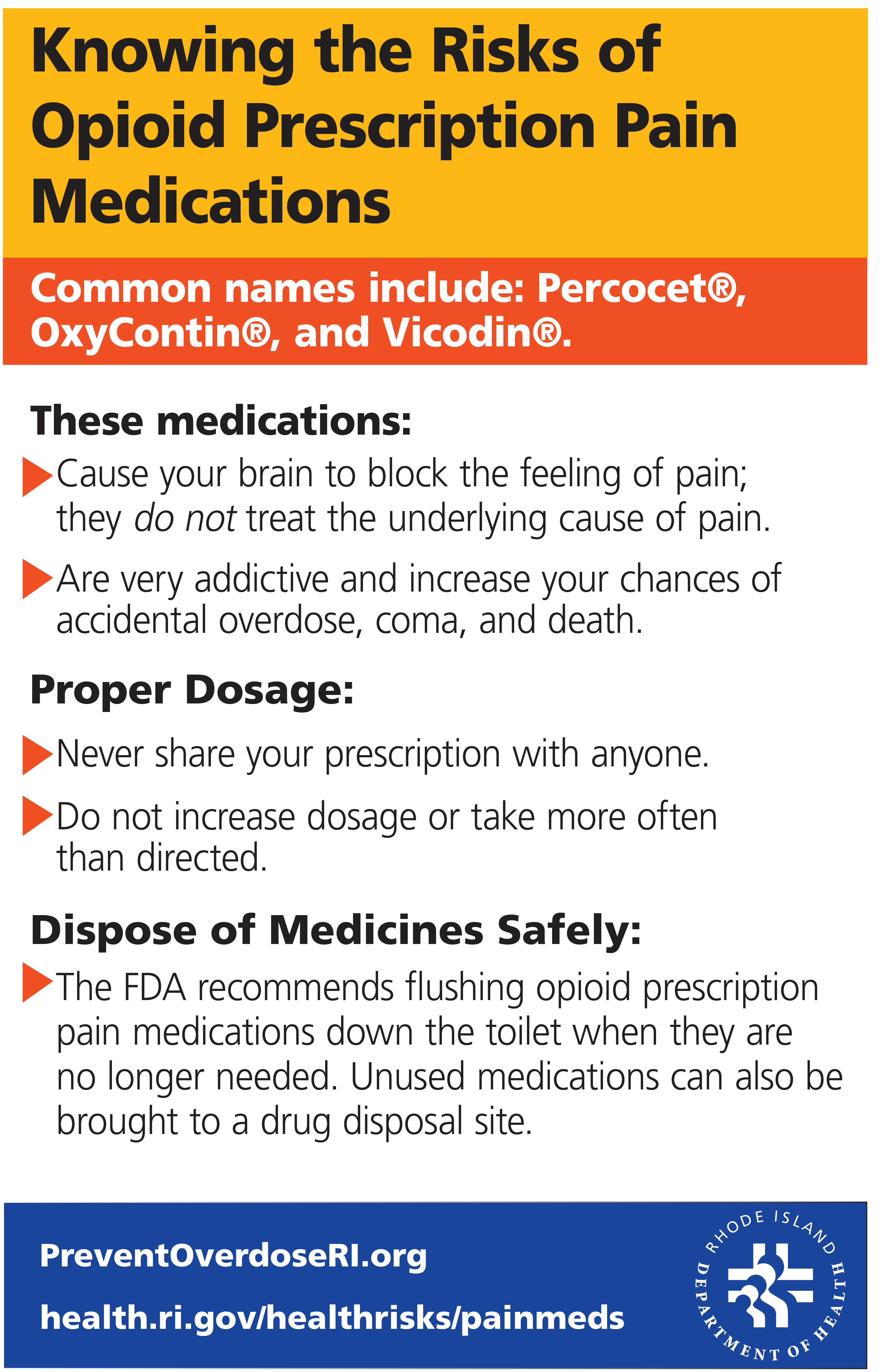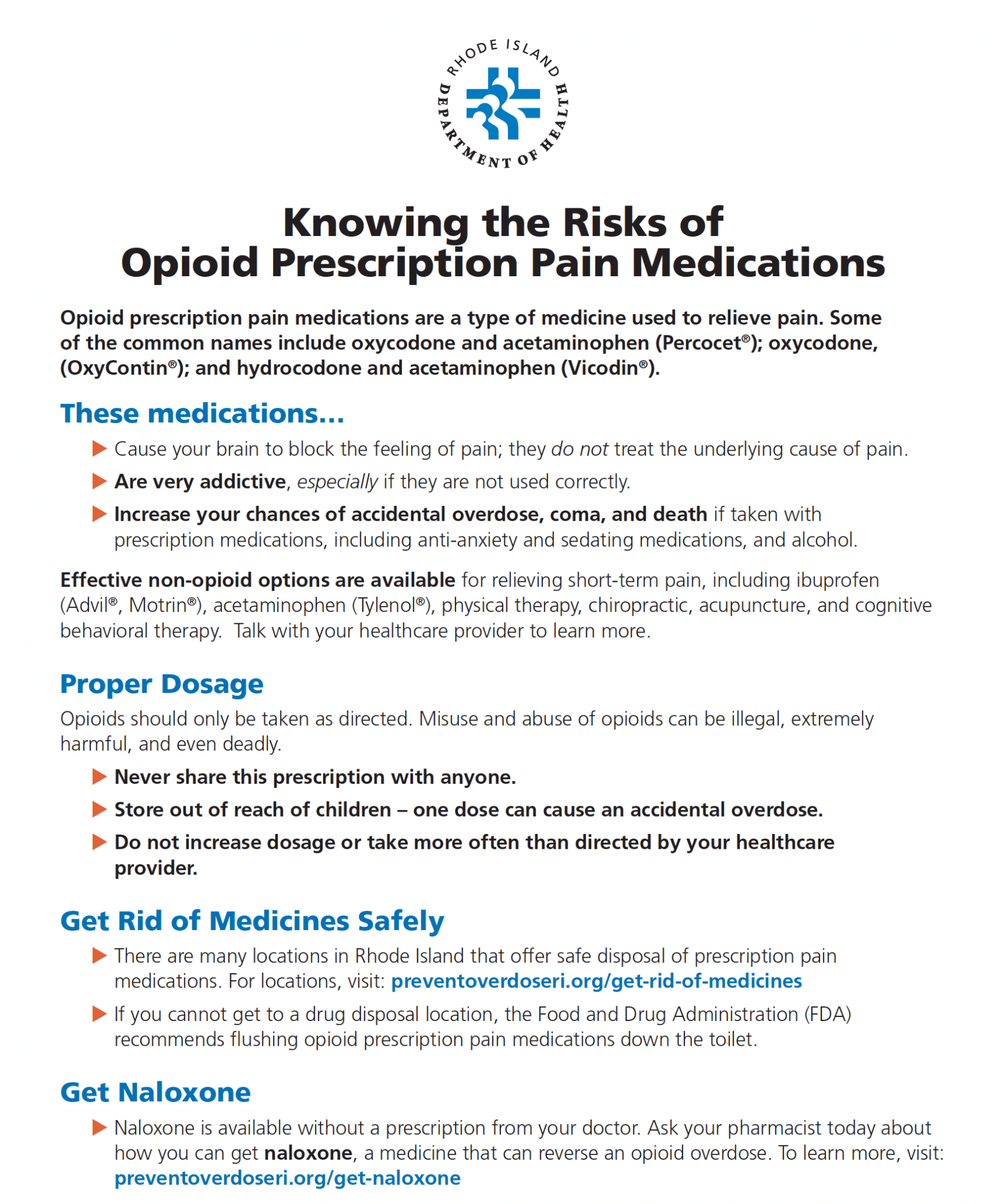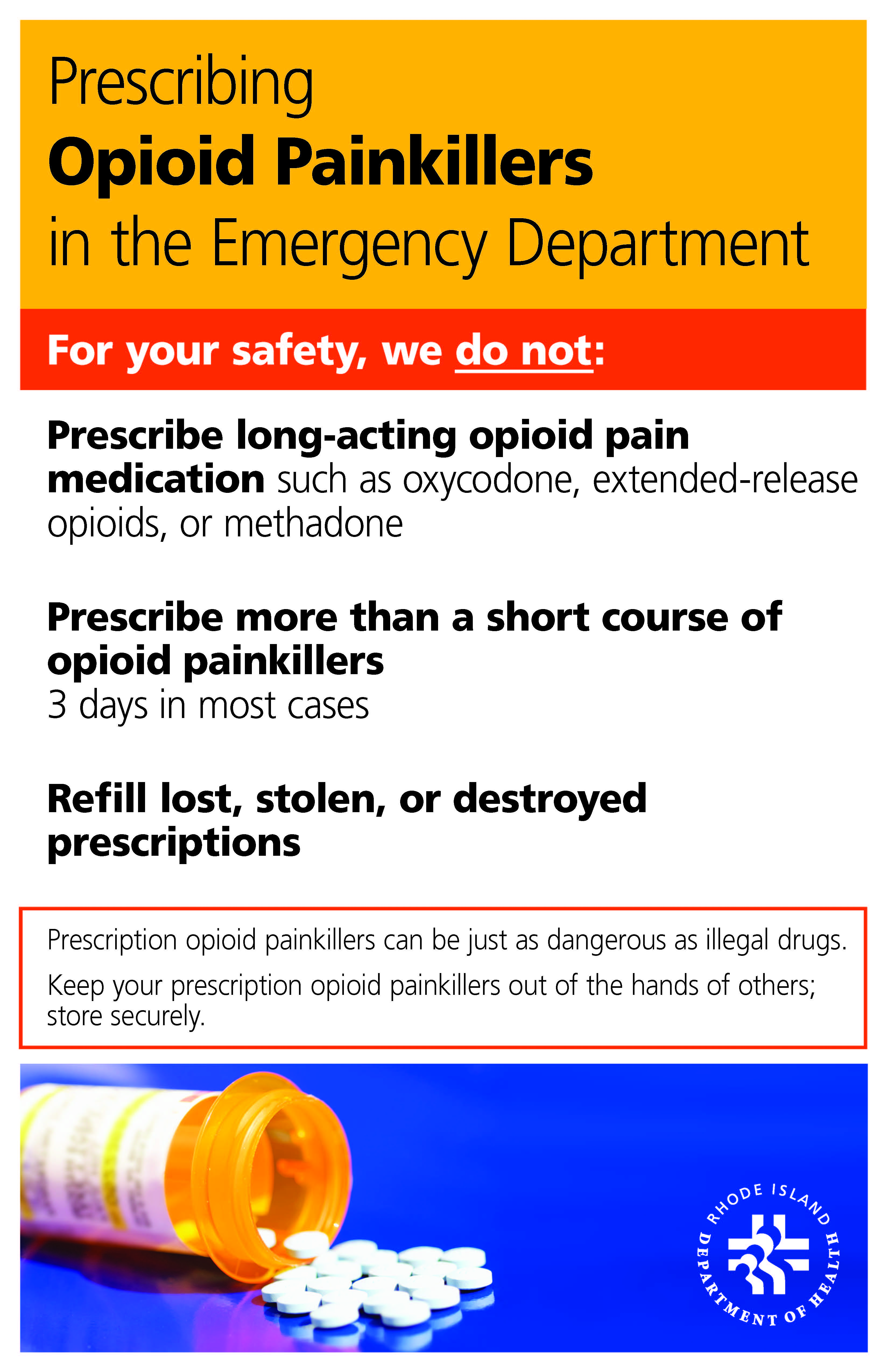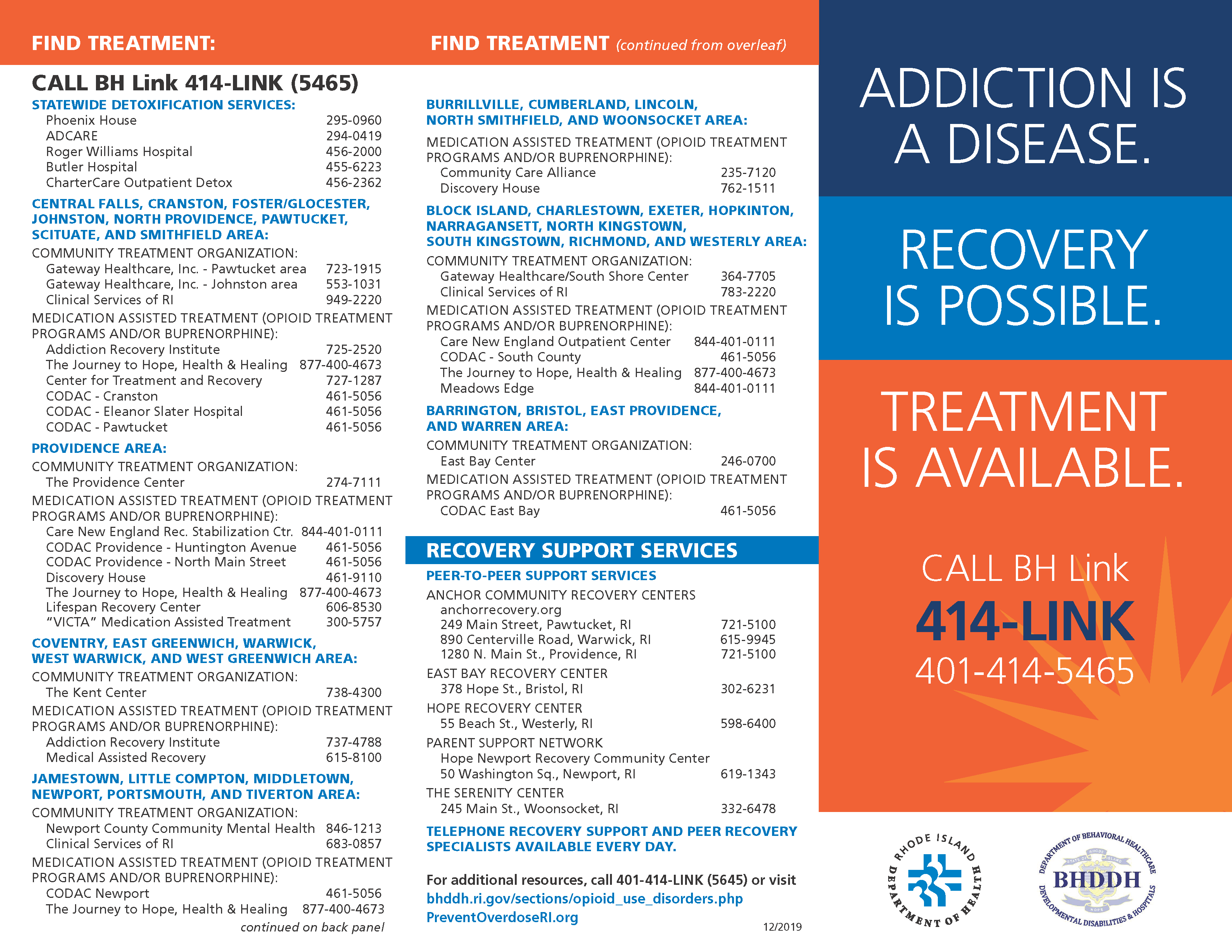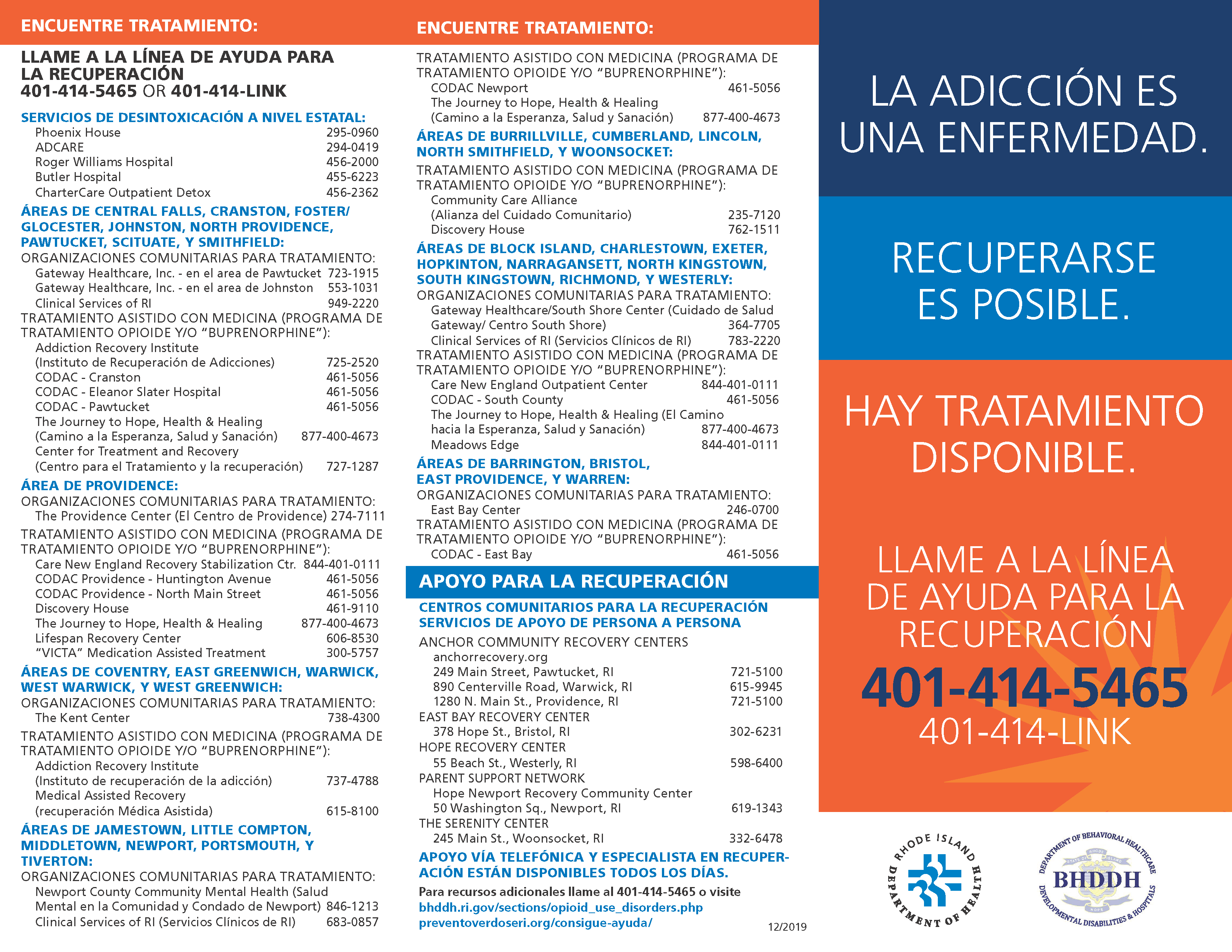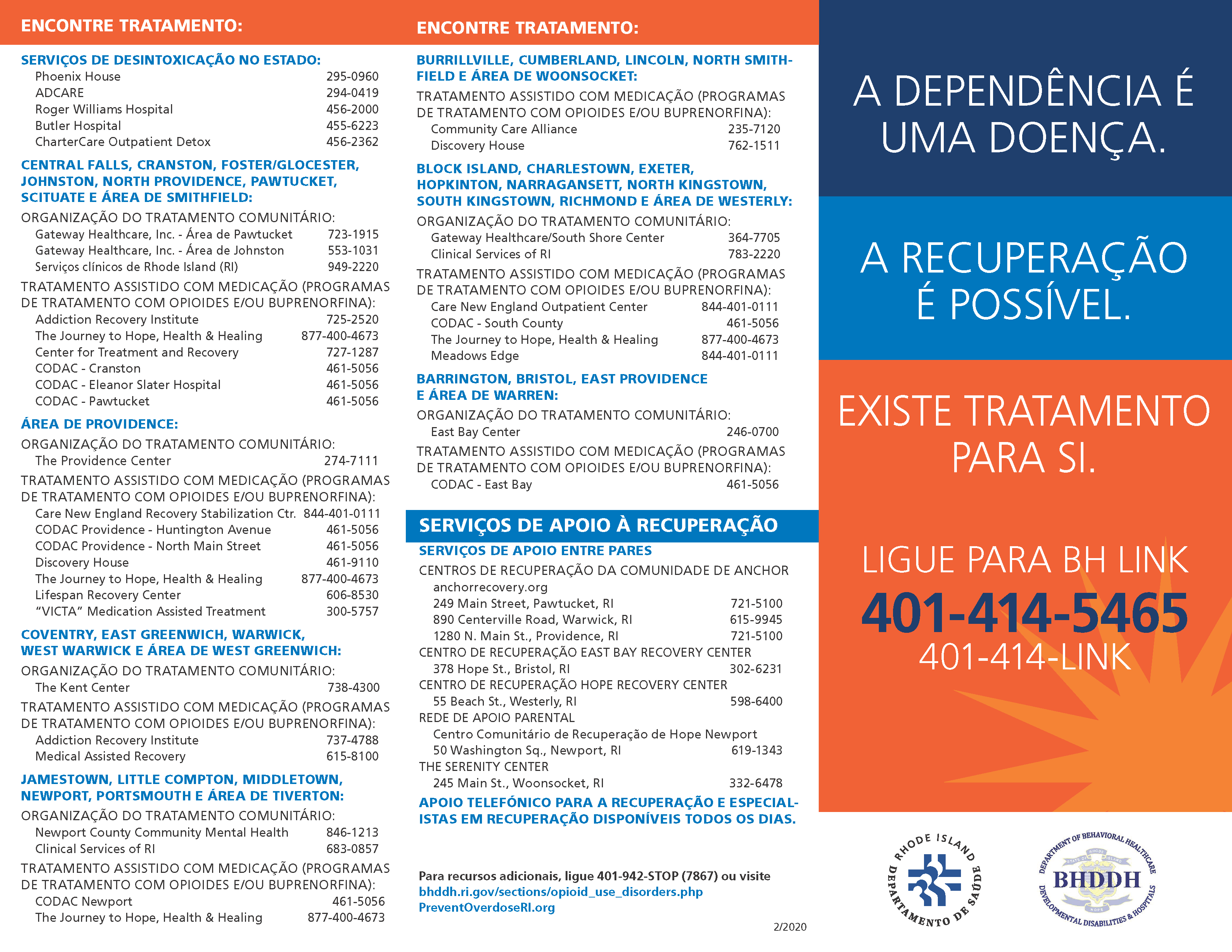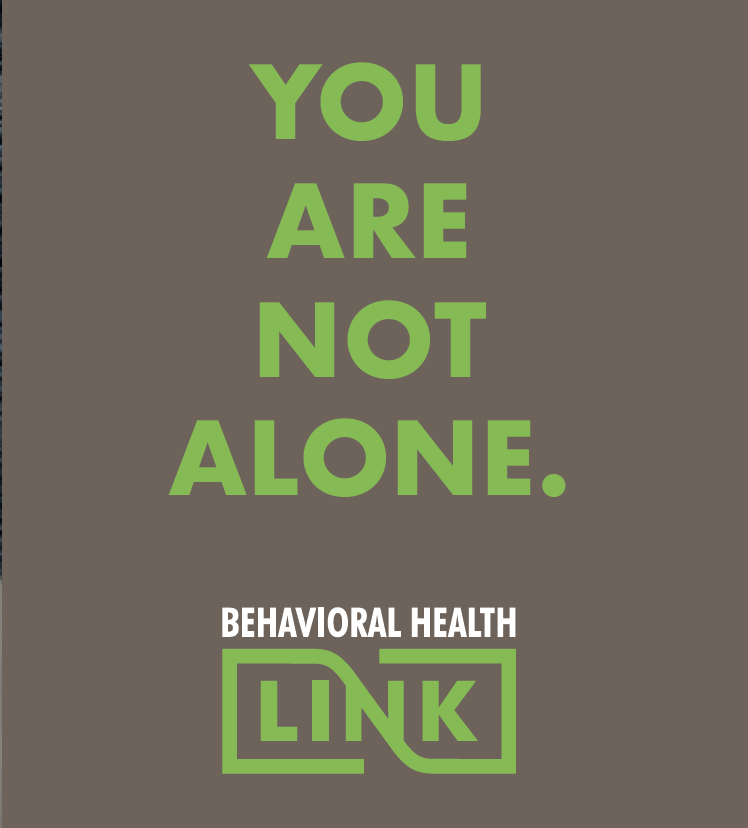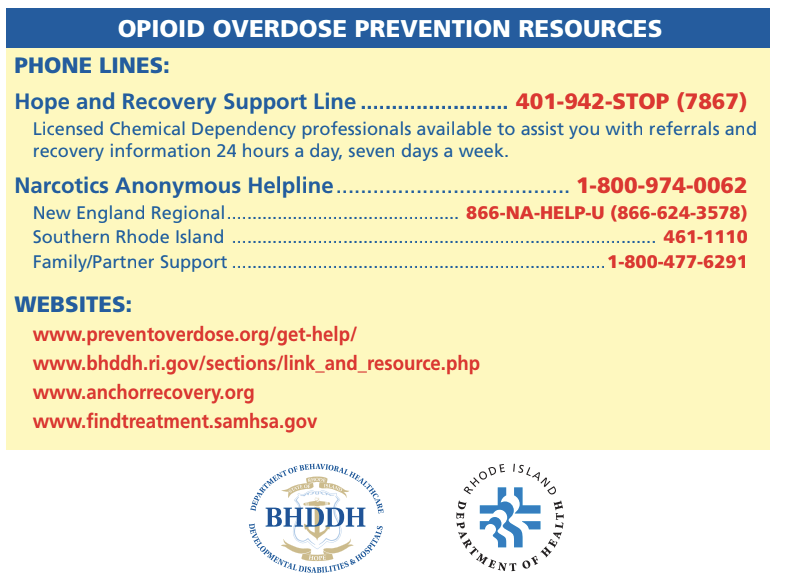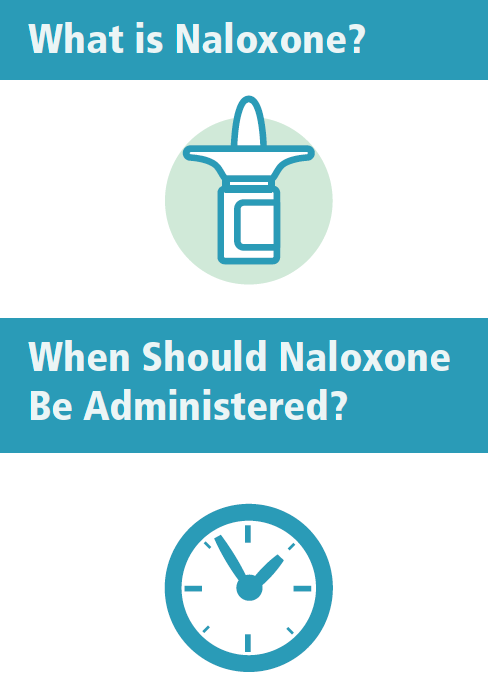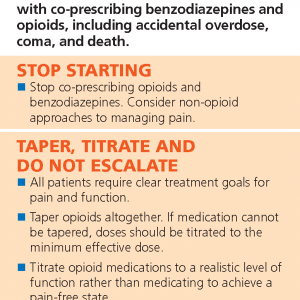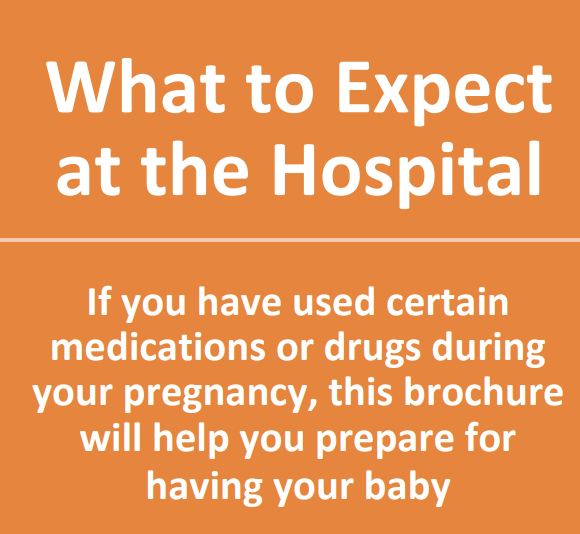Understanding Opioids
Know the risks of prescription opioids
Prescription painkillers, such as OxyContin, Vicodin, and Percocet, can be used safely to manage pain. But they are very addictive — especially if they’re not used correctly. Learn more about opioids and see where you can get rid of medications safely.
Knowing the Risks of Opioid Prescription Pain Medications
The Rhode Island Department of Health (RIDOH) produced this patient education video to inform patients and caregivers about the serious risks of opioid prescriptions. Healthcare Professionals can help get patients and/or caregivers fully informed about these risks by sharing this video, which discusses opioid side-effects, non-opioid pain treatment options, safe storage/disposal of opioids, and more, before prescribing an opioid. Learn more about opioids.
Help Patients Know the Risks of Opioid Pain Medications
You can help your patients learn about their opioid prescription by giving them our new education handout, “Knowing the Risks of Opioid Prescription Pain Medications.” This handout was developed for Rhode Islanders and helps patients understand the possible dangers of an opioid prescription. This handout also has information about how to get rid of your medications safely and where you can get naloxone.
Safely Prescribe Painkillers
This poster shows how our state is increasing patient safety by limiting the type and length of an opioid prescription given to patients at any Rhode Island Emergency Department.
Connecting Patients to Resources
Connect people to treatment in Rhode Island
Our state is working hard to help people find treatment options when they need it most. Download this list of resources to learn about treatment options or call BH Link to talk with a licensed counselor, 24 hours a day, seven days a week.
Learn More about BH Link
BH Link is intended to serve people over 18 who are experiencing behavioral health crises, like mental health and/or substance use. This program includes the BH Link Triage Center: a 24/7 community-based walk-in/drop-off facility where clinicians connect people to immediate, stabilizing emergency behavioral health services, and long-term care and recovery supports. Click here to download a sheet containing more information.
Use this Recovery Support Tool
This recovery support tool can help patients get help and find the resources they need to start on the road to recovery.
Co-Prescribing Naloxone
Learn more about the importance of naloxone and co-prescribing with opioid pain medications
This fact sheet provides a brief overview of naloxone as an “opioid antidote,” the different types of naloxone products that are available, and how they are administered. You can also learn more about when naloxone should be co-prescribed with opioid pain medication to reduce the risk of overdose or overdose-related death. Find out where naloxone is available in Rhode Island.
Consider These Guidelines When Co-Prescribing
You can help lower the health risks for your patients by considering non-opioid approaches to managing pain, especially for patients who are currently prescribed benzodiazepines. Download our handout for clinicians and learn more about RI Department of Health’s safe opioid prescribing guidelines.
Special Populations
Learn about what to expect at the hospital if you have used certain medications or drugs during your pregnancy
This brochure can help inform your patients who are pregnant about information and resources available before and after their pregnancy.
You can also find additional information at the National Perinatal Association. These include care tips for using the right language, patient care during pregnancy, and caring for a baby after pregnancy.
Resources for Addressing Social and Structural Determinants of Health
Healthcare Professionals can use the website Docs for Health to learn how to better address a patient’s social and structural determinants of health. The website offers forms, letters, toolkits, and other sources of community support related to housing, criminalization, immigration, transportation, income support, and substance use. Providers are encouraged to use these resources to improve a patient’s health and quality of life. To learn more, visit DocsforHealth.org or watch the video on the right.
Continuing Medical Education (CME)
Take an Online CME
Pathways to Safer Opioid Use is an interactive training that promotes the appropriate, safe, and effective use of opioids to manage chronic pain. It’s based on the opioid-related recommendations in the National Action Plan for Adverse Drug Event Prevention (ADE Action Plan). This training is for physicians, nurses, pharmacists, public health professionals and students in health-related fields. Learn more about the Pathways to Safer Opioid Use training.
CDC Pathways Page Link/Infographics and Videos

